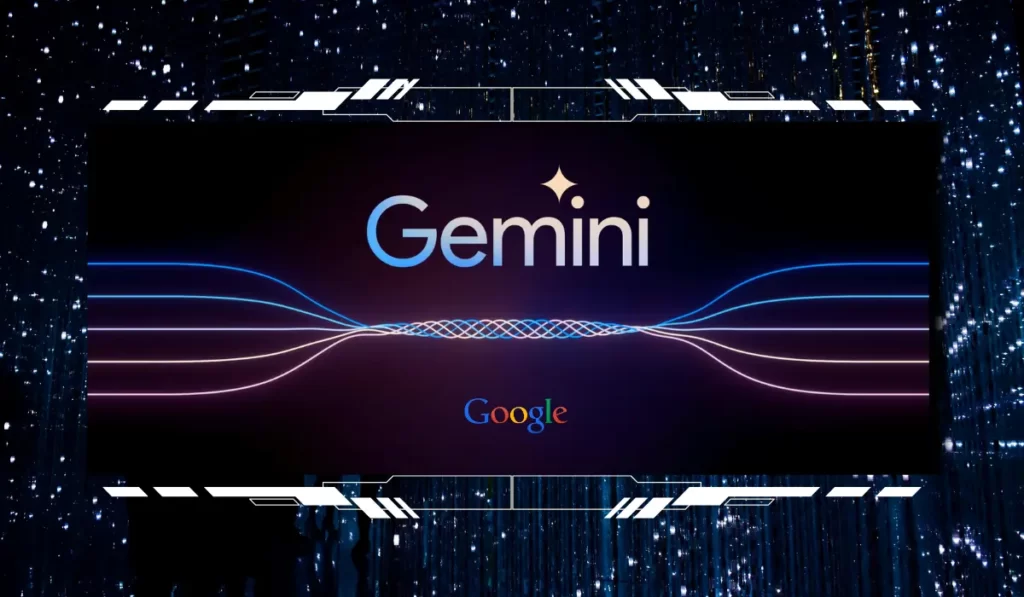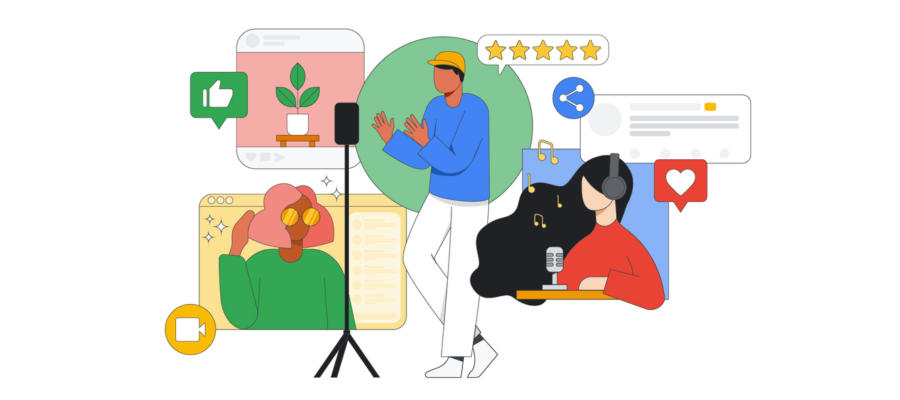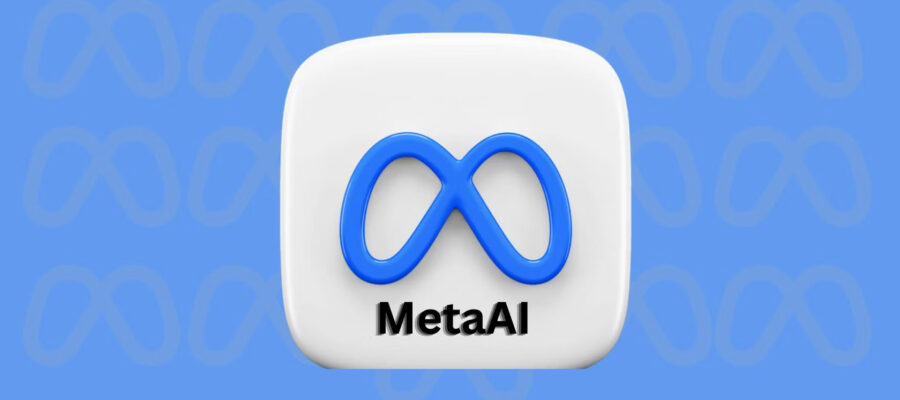
Tiktok’s Testing a New Way To Facilitate Engagement Between Creators and Paying Subscribers
09/02/2024
Meta prompts advertisers to avoid the 30% Apple service charge for boosted posts
17/02/2024On the 8th of February, Google announced the launch of its next-generation AI chatbot tool, while it’s also renaming “Bard” to “Gemini”, which is also the name of its AI language model that powers the system.
The AI chatbot tool, Gemini will facilitate a broader range of use cases, making it easier to generate text and images, in varying forms, based on Google’s AI system, which now rivals other large language models in terms of computing and performance.
Google stated:
“In blind evaluations with our third-party raters, Gemini Advanced with Ultra 1.0 is now the most preferred chatbot compared to leading alternatives.”
Google says that the new chatbot tool is an improved AI version for tackling complex tasks, “like coding, logical reasoning, following nuanced instructions and collaborating on creative projects”. Initial testing suggests that it is indeed a comparable system to the most advanced AI models out there, with tech writer Ethan Mollick noting that it’s “clearly a GPT-4 class model” in his initial review.
Further, Google keeps an eye on the future of search, and with the next generation of AI, its planning to maintain its web discovery dominance in the age of conversational queries. That’s still some time away from being a transformational shift, but eventually, as people get more used to simply asking questions, as opposed to understanding specific search queries, that will be the way that things go.
Google also, has been working to build more advanced systems that not only facilitate such queries but also maintain its core business offering, in Search ads. Thus, Gemini Advanced is set to be offered as part of a paid subscription package. That means for Google to further offset the development costs of AI, but also it points to a major shift in the discovery process, which will have implications for all businesses.
For instance, SEO has become an essential consideration of the modern business landscape, matching keywords and intent with the exact right terms and phrases displayed on your website. It’s a complex process, that takes significant work to get right, but the next stage of online discovery will be completely different and could render many forms of the current SEO process obsolete.
In addition to that, OpenAI has already been pushing things in this direction, through its partnership with Microsoft, which has seen more and more people turning to ChatGPT for answers. Often in the form of systematic replies, it takes data from the open web, but it does not include referral links. That could be devastating for online providers who rely on those referrals to maximize web traffic, and thus, ad exposure and revenue, but Google’s working to manage this element, and maintain its business, while also aligning with the next shift.
Google also has been cautious with its generative AI rollout. Google knows how that must move quickly, to avoid ChatGPT from becoming the instinctive option for anyone looking to search on the web, as “Google” itself had become a noun before it.
Google’s Gemini system is the next step on this front, and it’ll be interesting to see how users react, and whether it can help Google maintain its position as the leading web discovery tool.
Google’s Gemini is available on Android devices, while Google’s also rolling out a new iOS app for the system.
Google’s Gemini Advanced AI system will be available as part of its “Google One AI Premium Plan” which will be priced at 18.99 pounds per month.
You can find out more about Gemini Advanced, and how to sign up here
Source: Social Media Today
Find more information here: http://bit.ly/2BPQn38
For more information contact us at: [email protected]





